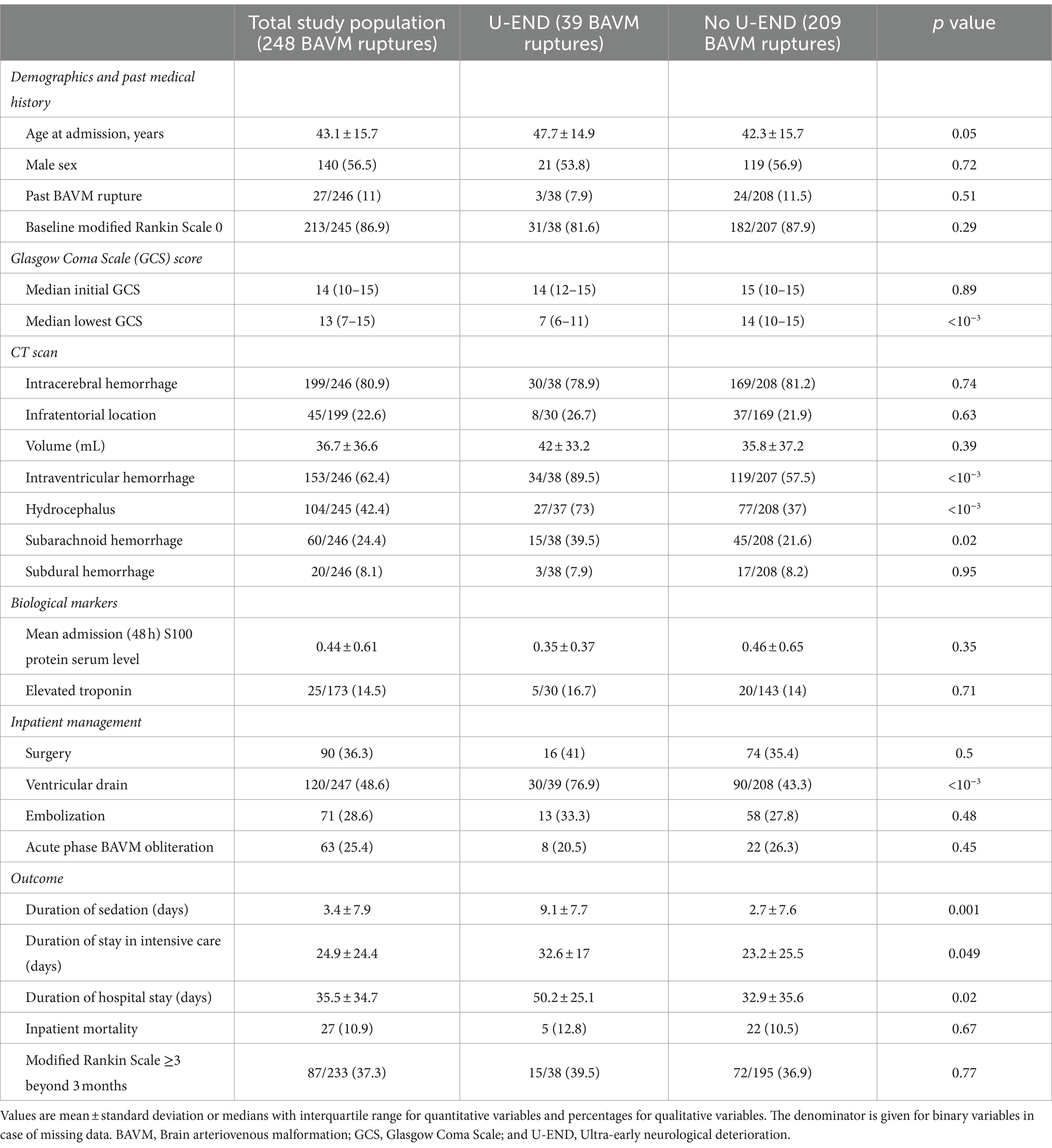2.4 GHz for Gaming: Complete Performance Analysis
Understand 2.4 GHz in gaming contexts
When gamers encounter” 2.4 GHz” in discussions about gaming performance, it typically refers to one of two distinct technologies: CPU clock speeds or Wi-Fi frequency bands. Both have significant implications for gaming experiences, though in entirely different ways. This comprehensive analysis will help you understand whether 2.4 GHz is adequate for your gaming needs across both contexts.
2.4 GHz as CPU clock speed
In processor terms, 2.4 GHz refer to the clock speed of a CPU, which indicate how many cycles per second the processor can execute. For gaming purposes, this specification requires careful consideration.
Is a 2.4 GHz processor sufficient for modern gaming?
A 2.4 GHz processor fall on the lower end of the spectrum for modern gaming requirements. Here’s why this matter:
- Basic gaming capability: A 2.4 GHz processor can handle older or less demanding games like minecraft, League of Legends, or counterstrike: global offensive at lower settings.
- Limited performance with AAA titles: Modern AAA games such as cyberpunk 2077, Elden Ring, or Call of Duty broadly demand processors with higher clock speeds.
- Core count matters: A multicore 2.4 gGHzprocessor will outperform a single core processor with the same clock speed. Most modern games utilize multiple cores.
Processor architecture considerations
Raw clock speed isn’t the only factor that determine gaming performance. Modern processors with newer architectures can perform more instructions per clock cycle, make them more efficient eve at lower clock speeds.
For example, a newer generation Intel Core i5 run at 2.4 GHz might outperform an older generation i7 with a higher clock speed due to improve instruction processing efficiency and better integrate technologies.
Typical gaming performance with 2.4 GHz CPUs
With a 2.4 GHz processor, you can expect:
- Acceptable frame rates in esports titles at lower to medium settings
- Potential stuttering or frame drops during intense gaming moments
- Difficulty maintain 60 fps in diagrammatically intensive games
- Limitations when streaming gameplay simultaneously
Overclocking potential
Some 2.4 GHz processors can be overclock to achieve higher clock speeds, potentially improve gaming performance. Nevertheless, this ddependson:
- Whether the processor is unlocked for overclock
- The quality of your cool solution
- Motherboard support for overclocking
- Power supply capabilities
Overclocking carry risks include reduce component lifespan and system instability if not do decently.
2.4 GHz as Wi-Fi frequency
The 2.4 GHz band is one of the common frequencies use for Wi-Fi connections. For online gaming, the stability and speed of your connection importantly impact your experience.
Game performance on 2.4 GHz Wi-Fi
The 2.4 GHz Wi-Fi band offer certain advantages and disadvantages for gaming:
Advantages:
- Better range: 2.4 GHz signals travel far and penetrate walls and obstacles more efficaciously than 5 GHz signals.
- Wider compatibility: All Wi-Fi devices support the 2.4GHzz band, make it universally accessible.
- Sufficient speed for many games: Most online games require 3 6 Mbps download speeds, which 2.4 GHz can typically provide.
Disadvantages:
- Congestion: The 2.4 GHz band is normally used by many household devices( microwaves, Bluetooth devices, baby monitors), lead to potential interference.
- Limited channels: Fewer non overlapping channels compare to 5 GHz, increase the likelihood of congestion in apartment buildings or dense areas.
- Lower maximum speeds: 2.4 GHz typically made out at lower speeds than 5 GHz connections.
- Higher latency: Oftentimes experience higher ping times compare to 5 GHz or wire connections.
Latency issues with 2.4 GHz Wi-Fi
For competitive gaming, latency (ping )is oftentimes more important than raw download speed. 2.4 ghGHziWi-Fiypically produce higher latency than alternatives:

Source: pigtou.com
- Average latency on 2.4 GHz: 20 40ms (under ideal conditions )
- Average latency on 5 GHz: 10 25ms (under ideal conditions )
- Average latency on wire connection: 1 10ms (under ideal conditions )
Higher latency can result in delay reactions in fasting pace games, especially noticeable in first-person shooters, fighting games, and competitive multiplayer titles.
Real world gaming scenarios with 2.4 GHz Wi-Fi
The practical impact of use 2.4 GHz Wi-Fi for gaming depend on several factors:
- Distance from router: Game interchange from your router might necessitate 2.4 GHz despite its drawbacks.
- Environmental interference: Live in an apartment complex with many Wi-Fi networks can badly impact 2.4GHzz performance.
- Game requirements: Turn base games like civilization or card games have lower latency requirements than competitive shooters.
- Router quality: A high quality router with modern features can mitigate some 2.4 GHz limitations.
Alternatives and upgrades
CPU alternatives to 2.4 GHz processors
If your 2.4 GHz processor is limited your gaming experience, consider these upgrade paths:
- Mid-range gaming processors: CPUs with 3.5 4.0 GHz base clock speeds offer significant improvements for gaming.
- Multicore options: 6 core or 8 core processors with moderate clock speeds oftentimes outperform quad-core processors with higher clock speeds in modern games.
- Balance with GPU: Ensure your processor upgrade complement your graphics card to avoid bottleneck.
Wi-Fi alternatives to 2.4GHzz
For better online gaming performance, consider these alternatives to 2.4 GHz Wi-Fi:
- 5 GHz Wi-Fi: Offer faster speeds and lower latency but with reduced range.
- Dual-band routers: Allow you to switch between 2.4 GHz and 5 GHz as need base on your location and requirements.
- Ethernet connection: The gold standard for gaming, provide the lowest latency and virtually stable connection.
- Power line adapters: Use your home’s electrical wiring to extend wire connections to rooms without direct Ethernet access.
- Wi-Fi 6( 802.11ax): The newest Wi-Fi standard offer improve performance regular on the 2.4GHzz band.
Cost benefit analysis
When decide whether to upgrade from a 2.4 GHz solution, consider:
- Budget constraints: CPU upgrades oftentimes require motherboard replacements, importantly increase costs.
- Future proofing: A more substantial upgrade immediately might delay the need for another upgrade late.
- Game priorities: Competitive gamers benefit more from low latency solutions than casual players.
- Incremental improvements: Sometimes small changes like optimize router placement can improve 2.4 GHz performance without require new hardware.
Optimize gaming on 2.4 GHz systems
Maximize CPU performance
If you’re stuck with a 2.4 GHz processor for instantly, try these optimization techniques:
- Close background applications: Shut down unnecessary programs to free up CPU resources for gaming.
- Update drivers: Ensure your system have the latest drivers, specially for graphics cards.
- Optimize in game settings: Lower CPU intensive settings like physics, AI complexity, and view distance.
- Apply thermal paste: Ensure your CPU isn’t thermal throttling due to poor heat dissipation.
- Consider safe overclocking: If your system support it, modest overclocking might help bridge the performance gap.
Improve 2.4 GHz Wi-Fi gaming
To get the best performance from a 2.4 GHz Wi-Fi connection:

Source: techinspection.net
- Change Wi-Fi channels: Use apps like Wi-Fi analyzer to find less congested channels.
- Optimize router placement: Position your router centrally and elevate, outside from obstructions.
- Update router firmware: Ensure your router have the latest software updates.
- Enable Los (quality of service ) Prioritize game traffic on your network.
- Reduce network congestion: Limit streaming and downloads from other devices while game.
Games that perform well with 2.4 GHz
Despite the limitations, many games run tolerably on 2.4 GHz systems:
CPU friendly games
- Esports titles: League of Legends, data 2, counterstrike
- Indie games: star dew valley, hollow knight,undertakee
- Older AAA games: Skyrim, fallout 4, Grand Theft Auto v (at lower settings )
- Strategy games: civilization vi, age of empires, star craft ii
Games that work well on 2.4 GHz Wi-Fi
- Turn base games: hearthstone, slay the spire, com
- MMORPGs: World of Warcraft, Final Fantasy xiv (in less crowd areas )
- Cooperative Eve games: minecraft, terr aria,star deww valley multiplayer
- Racing games: for horizon, gran tutourism (th stable connections ) )
Make the final decision
To determine if 2.4 GHz is good decent for your gaming needs, ask yourself these questions:
For CPU considerations:
- What types of games do you mainly play?
- Do you experience frequent stuttering or frame drop?
- Is your CPU systematically at 100 % usage during gaming?
- What other components make up your system? (a powerful gGPUmight be bbottleneckedby a 2.4GHzzCPU))
- Do you multitask while gaming (streaming, recording, etc. )
For Wi-Fi considerations:
- How competitive are the games you play?
- Do you experience lag spikes or disconnections?
- How many other devices in your home use Wi-Fi simultaneously?
- Is run an Ethernet cable to your gaming setup feasible?
- Does your router support 5 GHz or Wi-Fi 6?
Conclusion
Whether 2.4 GHz refer to your CPU clock speed or Wi-Fi frequency, it looselyrepresentst an entry level option for modern gaming. While it can will provide acceptable experiences in many scenarios, serious gamers will benefit from will upgrade to higher clock speeds or more advanced connection methods.
For casual gamers play less demanding titles, 2.4 GHz solutions can be utterly adequate when decent optimize. Nonetheless, competitive gamers, those play the latest AAA titles, or anyone experience consistent performance issues should consider the alternatives outline in this guide.
Remember that gaming performance is seldom determined by a single specification. The overall system balance, software optimization, and network environment all play crucial roles in deliver a smooth gaming experience.



